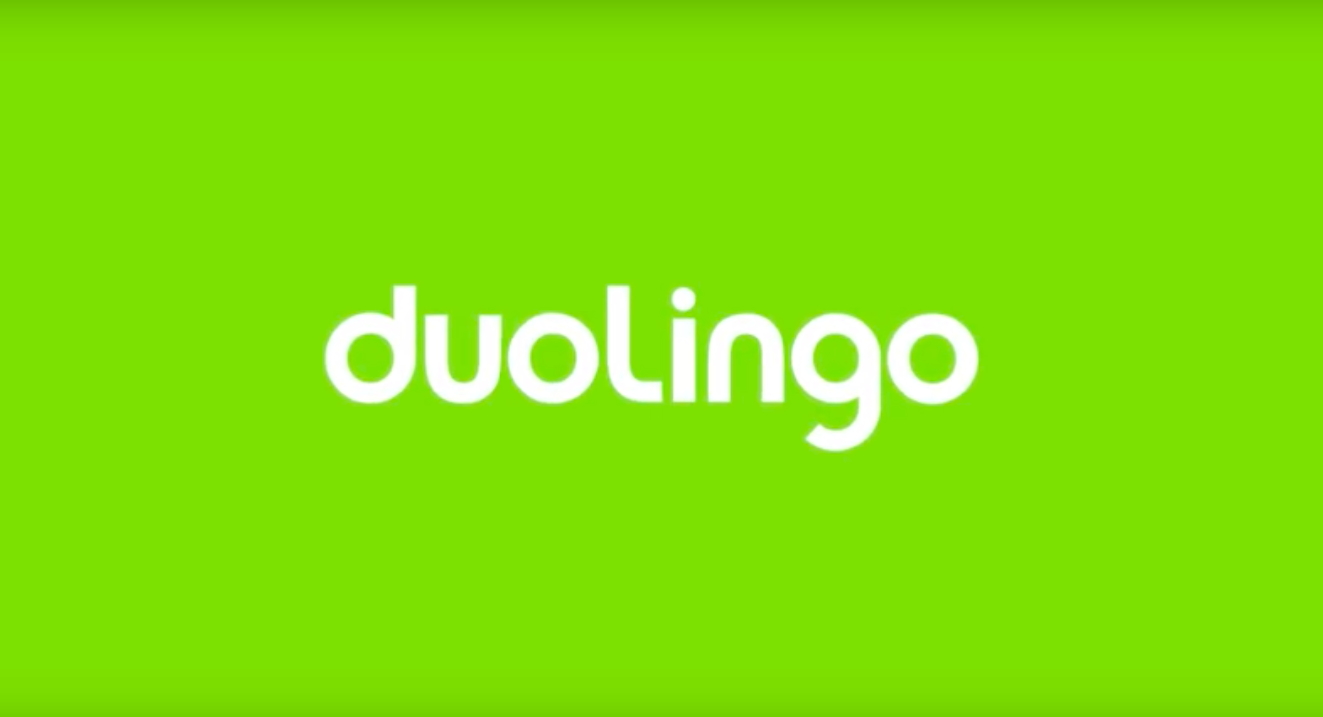
Articles
Industry News
Duolingo Founder Wins Prestigious MIT Award for Contributions to Cybersecurity and Edtech
By Cait Etherington
September 18, 2018
If you’ve attempted to learn a new language recently, you’ve likely come across Duolingo. The app uses machine-learning to help people develop new language skills and to do so entirely free of charge. TechCrunch recently ranked the company, which was founded in 2011, among the fastest growing edtech companies in the world and with good reason. Since its start, Duolingo has attracted $108 million in funding from some of the biggest players in venture capital, including CapitalG and Kleiner Perkins and more importantly, reached an estimated 300 million learners. But this is not the only reason why Luis von Ahn, Duolingo’s co-founder, was awarded the prestigious Lemelson-MIT Prize last week. The founder of Duolingo is also the genius behind an even more pervasive innovation: the security technology known as CAPTCHA.
Why Every Internet User Owes Luis von Ahn
Forty-year-old von Ahn was born in Guatemala City where he lived and studied until beginning university in the United States. He first arrived to study mathematics at Duke University. After graduating from Duke, von Ahn pursued a PhD in computer science at Carnegie Mellon University. Often described as one of the father’s of crowdsourcing, von Ahn has long been interested in exploring how humans and computers can solve problems together, and this interest led to the development of CAPTCHA and reCAPTCHA.
In 2003, when von Ahn was just twenty-five years ago and mobility still meant owning a heavy laptop, he co-published a groundbreaking article. In the article, von Ahn and his co-authors, Manuel Blum (his dissertation supervisor) and John Langford, explained, that CAPTCHA, which stands for “Completely Automated Public Turing Test to Tell Computers and Humans Apart,” “is a test, any test, that can be automatically generated, which most humans can pass, but that current computer programs cannot pass.” However, CAPTCHA is also a paradox. As von Ahn, Blum, and Langford joked at the time, it is “a program that can generate and grade tests that it itself cannot pass (much like some professors).” Why was this important?
CAPTCHA was invented to reduce computer-generated problems, such as spam, by distinguishing humans from computers. It was important that the “test” be generated by a computer so millions of different tests could be easily generated every second, but it was equally important that no computer would be able to easily pass a CAPTCHA test and hence undermine the security system in the future. What CAPTCHA essentially did was find a way to leverage the strengths of both computers and humans to help solve a growing online security problem. Nearly two decades later, Internet users worldwide are still benefiting from von Ahn’s CAPTCHA and reCAPTCHA innovations.
The Lemelson-MIT Prize
In recognition of von Ahn’s major contributions to computing, last week, MIT announced that he would be recipient of this year’s Lemelson-MIT prize. The award, which comes with an attractive $500,000 prize, was created by inventor Jerome H. Lemelson and is the biggest cash prize for inventors offered in the United States. The award was announced at EmTech MIT, a conference hosted by the MIT Technology Review.
At the time of the announcement, von Ahn told MIT News, “Throughout my career, I’ve been passionate about using technology and invention to make a positive difference in the world – previously with reCAPTCHA and now with Duolingo. Earning this prize is a great testament to the work that the entire Duolingo team does in creating technology that’s made education free and accessible to millions of people worldwide.”
In a prepared statement quoted by MIT News, Stephanie Couch, executive director of the Lemelson-MIT Program, specifically emphasized the importance of von Ahn’s work on Duolingo: “Luis has created a novel resource for people around the world who need to learn a new language. For some users, Duolingo is key to survival in a new country. Others use Duolingo to learn a language for business, leisure or travel. Luis’ dedication to harnessing the power and promise of technology to engage and empower learners of all types is truly inspiring.”









No Comments